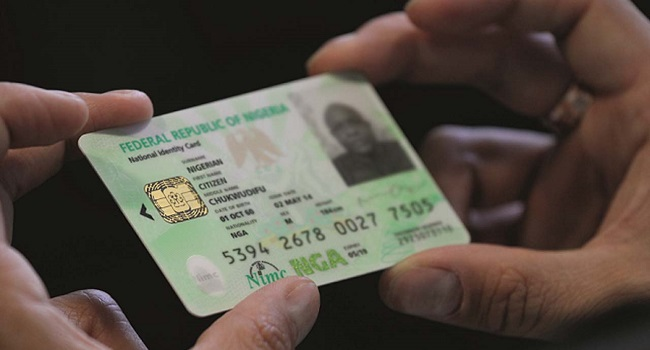In November 2024, Mr. Johnson, a resident of Lagos, decides to register his 14-year-old son for a National Identification Number (NIN) required for the upcoming WAEC exams.
Recalling his own frustrating experience at a National Identity Management Commission (NIMC) office in 2021, he opts for a private enrollment vendor under NIMC’s Front-End Partners (FEP) program. However, he is shocked to find that he is asked to pay N6,500 for the service.
Although he anticipates some charges due to the private nature of the vendor, the amount feels excessive. His search for a more affordable option leads him to a government facility in Agege, where he is charged N1,900, which is supposedly for printing the slip. This contradicts NIMC’s claim that enrollment is free.
NIMC asserts that NIN enrollment within Nigeria is completely free of charge. Dr. Alvan Ikoku, NIMC’s Deputy Director, emphasizes that any fees charged for enrollment are illegal. He urges Nigerians to report cases of extortion, stressing that NIMC compensates vendors for every successful enrollment, particularly those operating in remote areas.
However, many Front-End Partners argue that delayed payments from NIMC force them to charge applicants to cover operational costs such as rent, utilities, and equipment maintenance.
Earlier this month, FEPs submitted a petition to the Senate Committee on National Identity, addressing the delayed payments for services rendered since 2022. Senator Ayodele Arise, CEO of File Solutions, explains that vendors were initially promised $1.00 per enrollment. However, operational costs like printing supplies have surpassed these reimbursements, leading to financial difficulties.
In response, NIMC announces that it has cleared the outstanding payments owed to FEPs for enrollments carried out between 2022 and 2024. The Commission clarifies that FEP operations were intended as a temporary solution to expedite enrollment while the World Bank-funded ID4D project was being rolled out.
As of October 2024, NIMC reports that it has issued 115 million NINs, a modest increase from 104.16 million in December 2023. Despite government mandates linking NIN to essential services such as passports, driver’s licenses, and SIM card registration, more than 100 million Nigerians are still unregistered.
NIMC’s ID4D project aimed to enroll 148 million Nigerians by June 2024. However, the failure to meet this target has led to an extension of the project until 2026.
To address the ongoing challenges, NIMC is reviewing the FEP framework to reduce corruption and improve accountability. The Commission plans to expand its operations to all local government areas and wards while implementing measures to curb extortion by vendors.
Identity expert Olatunji Durodola suggests that the government take full control of the enrollment process, investing in infrastructure and integrating data from multiple agencies into a centralized system.
“A unified government cloud could streamline the enrollment process and eliminate redundant data collection,” Durodola suggests.
Efforts to tackle these issues are essential to ensuring that every Nigerian can benefit from a functional national identity system.













